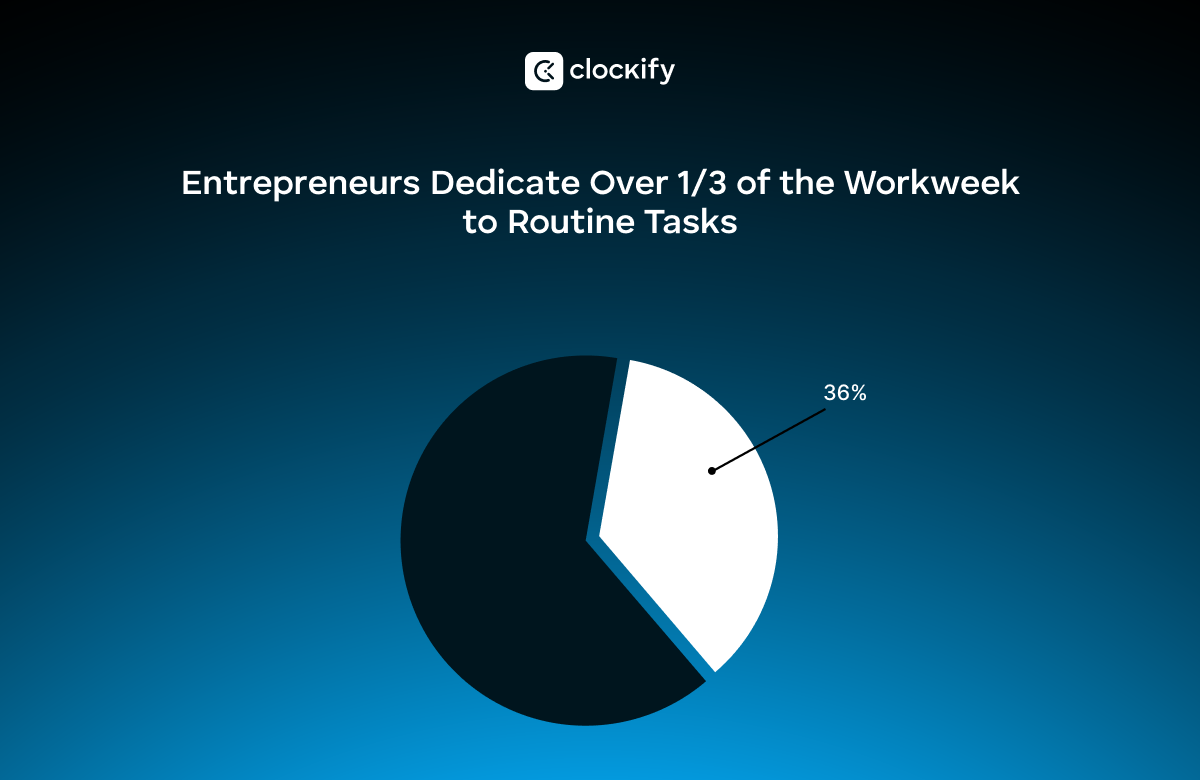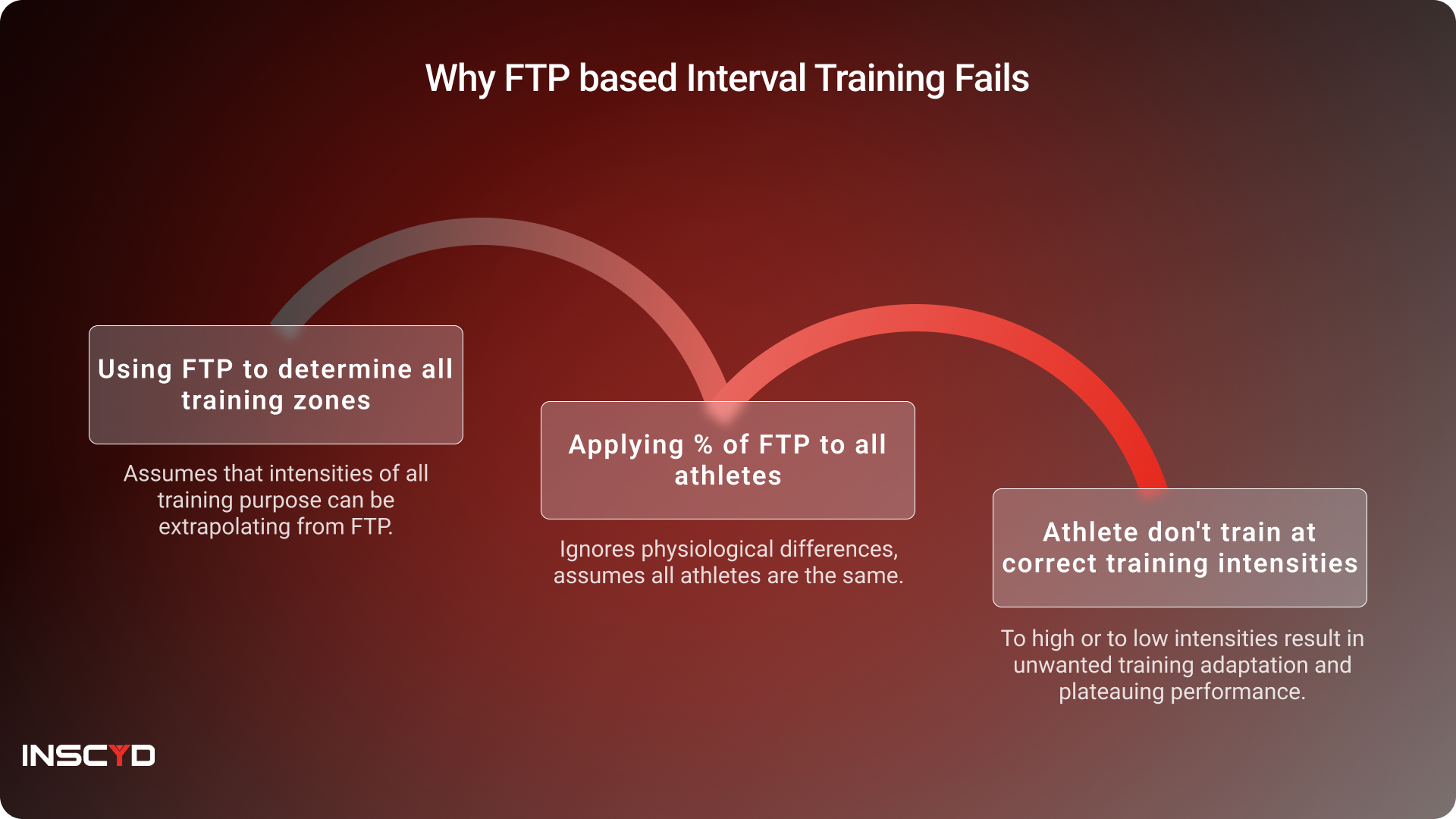Digital Detox Simplifying Life in a Hyper-Connected World

Introduction
In today’s fast-paced digital era, the need for a digital detox has become increasingly relevant. As we navigate a world filled with constant notifications, social media updates, and information overload, individuals are beginning to recognize the impact of this connectivity on their mental well-being and productivity. Disconnecting from the digital noise not only aligns with the principles of minimalism but also fosters a greater sense of personal organization.
Engaging in a digital detox offers numerous benefits that can lead to a more focused, intentional life. For those pursuing a minimalist lifestyle, it encourages simplicity by eliminating distractions and prioritizing what truly matters. Consider the following:
- Enhances mental clarity
- Improves time management
- Encourages personal reflection and growth
- Strengthens real-life connections
- Reduces stress and anxiety
This article will delve into the top 5 strategies for effectively implementing a digital detox in your life. Together, we will explore how intentional disconnection can empower you to reclaim your time, focus on what truly enriches your life, and streamline your personal organization.
Top 5: The Importance of Digital Detoxification – Simplifying Life in a Connected World
In today’s hyper-connected society, the concept of a digital detox is gaining traction more than ever. As digital devices and online platforms saturate our daily lives, we find ourselves woven into an intricate web of connectivity. The relentless barrage of notifications and information demands our attention, leaving us little room for personal reflection and genuine human interactions. In a world inundated with digital noise, understanding the importance of simplifying our digital existence is becoming a necessity. This article explores the top five compelling reasons for embracing digital detoxification, diving deep into each facet to enrich your understanding and invite you to reflect on your digital habits in this information-saturated age.
5. Enhancing Mental Clarity
The relentless bombardment of notifications, emails, and the endless scroll of social media significantly clouds our mental landscape, creating an overwhelming clutter that hampers our cognitive abilities. Enhancing mental clarity involves breaking free from these digital chains, allowing the mind to bask in tranquility and refresh its capabilities.

When you consciously decide to disconnect from this incessant flow of digital information, you enable your mind to reset, think critically, and engage creatively. For example, it becomes easier to solve problems, brainstorm innovative ideas, and nurture a deeper understanding of complex issues.
- Curated content consumption: With a digital detox, you develop the habit of curating content carefully. By selecting what you engage with, you establish a more intentional consumption pattern, focusing only on information that truly matters.
- Mindfulness: A digital detox encourages mindfulness, promoting the practice of living in the present moment rather than in the perpetual digital realm. This shift allows you to engage more fully with your surroundings and experiences.
- Improved focus: When digital distractions are stripped away, the path is clear for deeper focus on tasks, strengthening your capacity to enhance work performance, nurture relationships, or foster personal growth.
Gradually, as your mind untangles itself from the constant digital deluge, sharper decision-making and heightened creativity naturally follow. The mental space that emerges becomes fertile ground for intellectual and personal development.
4. Strengthening Real-World Connections
In an age where digital communication often overshadows physical interaction, the art of meaningful connection is at risk of being lost. A digital detox serves as a method to reclaim the essence of human connection, emphasizing the significance of face-to-face engagements over screen-based interactions.
- Quality time: By spending uninterrupted time with family and friends, you build stronger, more enduring relationships. Without digital interruptions, shared moments become more precious and memorable.
- Active listening: Genuine engagement with those around you becomes possible when screens are put away, fostering a culture of active listening and improved communication.
- Vulnerable conversations: The absence of digital distractions creates opportunities for deeper, more vulnerable conversations, ultimately enriching your relationships with authenticity.
Disconnecting from digital interactions enhances our ability to form genuine bonds, tapping into the emotional well-being that comes from nurturing connections with those who truly matter.
3. Improved Physical Health
Excessive screen time is linked to a host of health issues, including eye strain, headaches, and increased risk of obesity. By embracing digital detoxification, individuals are prompted to adopt healthier lifestyle habits, paving the way for improved physical health.
- Increased physical activity: Disconnecting encourages more time for physical activities, whether it be exercising outdoors, practicing yoga, or engaging in recreational sports. The result is not only improved physical health but also better mental well-being.
- Better sleep: Reducing screen time, particularly before bedtime, significantly affects sleep quality. It helps regulate your circadian rhythm, resulting in deeper, more restful sleep.
- Healthier eating habits: Engaging in mindful eating becomes less challenging without the distraction of screens during meals, encouraging more conscious food choices and enjoyment of the dining experience.
In today’s fast-paced world, prioritizing physical health through a digital detox contributes to holistic well-being—aligning mental, emotional, and physical health in harmony.
2. Increased Productivity and Time Management
In the workplace and daily life, digital distractions often undermine our time and productivity. Embracing a digital detox illuminates the divide between work and leisure, fostering the groundwork for effective time management strategies.
- Prioritization of tasks: With diminished digital interruptions, you gain clarity on prioritizing daily tasks, leading to a more efficient and structured approach to achieving goals.
- Boosted motivation: A clear and unburdened mind can significantly increase motivation levels, enabling you to tackle tasks and projects with renewed enthusiasm and focus.
- Structured routines: Developing healthier routines around digital usage ensures that time is used more efficiently, encompassing both work and leisure activities.
Recognizing the fine balance between technology use and productivity empowers individuals to take actionable steps toward optimizing their work ethic and achieving greater success in their personal and professional lives.
1. Fostering a Healthier Relationship with Technology
The most significant benefit of a digital detox lies in cultivating a healthier relationship with technology. Rather than allowing technology to dictate your actions and emotional state, a digital detox enables you to assert control and establish healthier dynamics.
- Setting boundaries: By consciously setting boundaries around technology use, you prioritize what truly aligns with your values and aspirations, curbing technology’s influence over your life.
- Intentional engagement: Digital detox empowers you to engage with technology on your terms, selecting digital interactions and content that genuinely add value to your existence.
- Reassessing technology’s role: As technology becomes a tool rather than a compulsion, you gain clarity on its role in your life, fostering a relationship that supports rather than overwhelms you.
Ultimately, a digital detox is not about eliminating technology altogether but about redefining its place and purpose in our lives. This conscious recalibration nurtures a balanced approach to technology, allowing us to reap its benefits without succumbing to its potential pitfalls.
As digital detoxification continues to resonate with individuals seeking simplicity in a connected world, its practice becomes not just a trend but a vital call to action. Embracing its principles encourages us all to examine our digital habits, fostering a more intentional, fulfilling, and meaningful existence in the process.
| Mental Health Benefits | Key Features | Advantages | Disadvantages | Target Audience |
|---|---|---|---|---|
| Reduced Anxiety Levels | Limiting screen time creates space for real-life interactions. | Improves overall mood by reducing feelings of isolation and stress. | Difficulty in reducing screen time may arise for those accustomed to digital connectivity. | Individuals seeking a healthier work-life balance. |
| Enhanced Focus and Productivity | By disconnecting from distractions, individuals can immerse in tasks. | Increased capacity to concentrate on daily responsibilities. | Initial struggles may occur when adjusting to less digital stimulation. | Students and professionals aiming to improve their performance. |
| Better Sleep Quality | Eliminating screens before bed fosters relaxation. | Lowered levels of blue light exposure resulting in more restorative sleep. | Potential withdrawal symptoms for individuals who regularly use devices at night. | People facing insomnia or sleep disturbances due to technology use. |
| Improved Social Relationships | Encourages face-to-face interactions over digital communication. | Strengthens bonds with family and friends through meaningful interactions. | Some may feel disconnected if their peers remain largely digital. | Individuals who feel their relationships are suffering due to screen time. |
The significance of digital detoxification emerges as an essential concept in our fast-paced, heavily interconnected lives. Each category above highlights specific benefits associated with dialing back on screen time. By reevaluating our digital engagement, we can pave the way to a more balanced and fulfilling lifestyle. The mental health benefits, such as reduced anxiety levels, offer not only a therapeutic escape but also an opportunity to regain control amidst the noise. **Strengthening interpersonal relationships** becomes an unforeseen advantage as we replace superficial digital interactions with genuine conversations.Moreover, enhanced focus and productivity may surprise many as the mind unclutters itself from constant notifications. Implementing measures to curb digital distractions opens doors to improved work performance and personal satisfaction.Importantly, the impact on sleep quality cannot be overstated. As we let go of our devices, we allow ourselves to enter a state of relaxation that can dramatically transform our rest. This holistic approach to life simplifies our daily routines and fosters mental well-being.Ultimately, understanding these key facets of digital detoxification can illuminate a path to personal growth and fulfillment in an increasingly digital world. Each category resonates with distinct participants, encouraging readers to explore their own relationship with technology and consider the power of a more intentional lifestyle choice.
Frequently Asked Questions About Digital Detox
What is digital detox and why is it important?
Digital detox refers to a period during which an individual refrains from using electronic devices like smartphones, computers, and tablets. The goal is to reduce stress and focus on offline experiences. In today’s hyper-connected world, many people find themselves constantly bombarded by notifications and glued to screens. This can lead to burnout and decreased mental well-being. Engaging in digital detox allows individuals to reconnect with themselves, prioritize real-life interactions, and improve overall quality of life. It’s crucial to regain balance and mental clarity in a world where digital distractions are ever-present.
How can digital detox benefit my mental health?
Digital detox can significantly benefit mental health by reducing anxiety, improving concentration, and fostering a sense of calm. Constant connectivity can lead to feelings of overwhelm and stress. Taking a break from digital screens allows the brain to rest, promoting better sleep patterns and enhanced mindfulness. Additionally, it creates a space for uninterrupted thinking, which is essential for personal growth and mental resilience. In some cases, individuals report that they can manage their time better and feel more present in their day-to-day activities.
What are some practical tips for starting a digital detox?
To embark on a digital detox, start by setting clear boundaries for device usage. Establish “no-screen” zones or times, such as during meals or an hour before bed. Turn off non-essential notifications to reduce the urge to check devices frequently. Engage in outdoor activities or hobbies that don’t require screens. It’s also beneficial to inform friends and family about your plan, so they can support your efforts and understand your temporary unavailability. Remember, even short breaks from screen time can lead to significant benefits.
Can digital detox improve my relationships?
Yes, digital detox can improve relationships by encouraging more direct and meaningful interactions. When devices are constantly in our hands, they can become barriers to communication. By putting them aside, individuals can engage in genuine conversations and active listening. This undivided attention can strengthen bonds and enhance emotional connections. Furthermore, shared activities without distractions can create lasting memories and reinforce the importance of personal interaction over virtual communication.
Conclusion
In an era dominated by constant connectivity, the concept of digital detoxification emerges as a crucial tool for those seeking to embrace minimalism and enhance personal organization. This approach offers an opportunity to simplify and streamline life in a world where digital distractions are pervasive. Throughout our exploration of digital detoxification, we have delved into numerous evidence-backed benefits, techniques, and perspectives.
Firstly, a digital detox can lead to a profound improvement in mental health, reducing stress and anxiety levels that are often exacerbated by excessive screen time. By setting aside time to disconnect, individuals can focus more on meaningful real-world interactions and leisurely activities. Secondly, in terms of productivity, taking a break from the digital landscape can foster a deeper concentration, leading to increased efficiency and attention to tasks. This step is particularly invaluable for those adopting a minimalist lifestyle, as it aligns with the principle of focusing on what truly matters.
Furthermore, the article underscored the importance of implementing boundaries with technology by establishing screen-free zones and periods within daily routines. Such practices not only simplify life but also ensure a balance between digital engagement and genuine personal experiences. The concept of minimalism is inherently tied to prioritizing quality over quantity, which is directly supported by practicing digital detoxification.
Ultimately, self-awareness and deliberate actions toward digital detox can dramatically enhance one’s quality of life. This step does not imply a complete rejection of technology but rather promotes a more intentional use. With such measures, individuals can reclaim control, simplifying their existence amid the relentless pace of digital interaction. As society continues to navigate the intricate balance between the virtual and the tangible, embracing the benefits of digital detoxification becomes increasingly profound.


